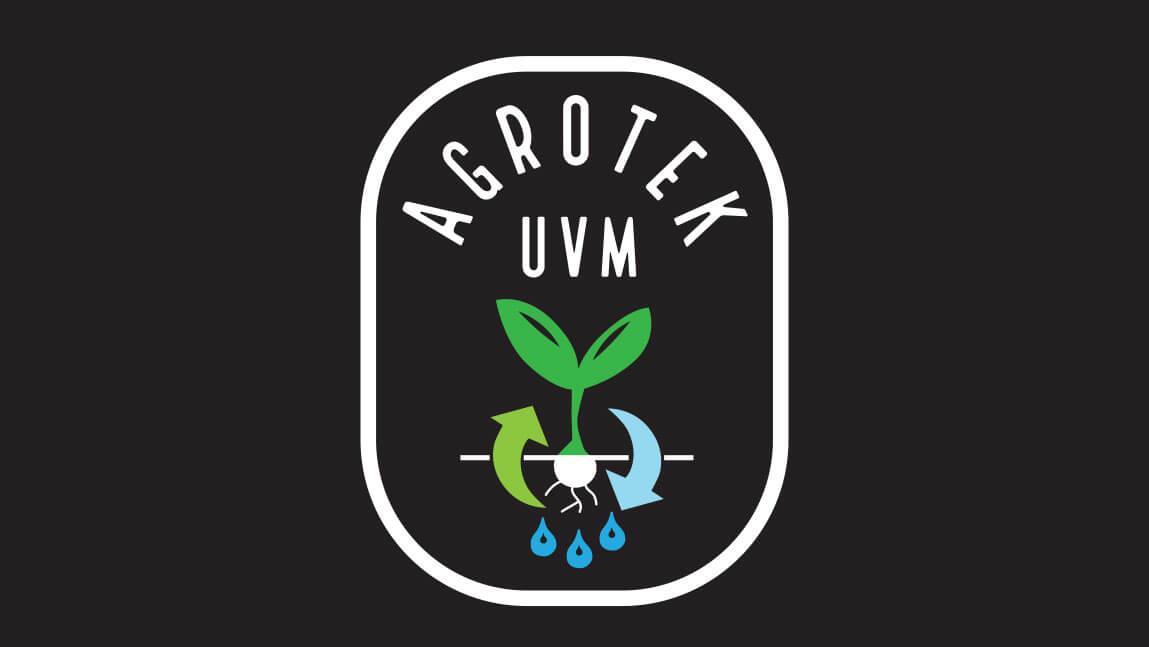Burlington--Interested in exploring biotechnology or agriscience? Or would you like to work with cutting-edge computer tools and technologies to address challenges in agriculture?
If you are currently a student in Grades 7 to 11, consider applying for one of three week-long agrotechnology academies at the University of Vermont (UVM) this summer: Culturing Cells for Healthier Soils, Shifting the Waste-To-Value Paradigm and Using Virtual Reality for More Precise Agriculture. These academies will be offered concurrently from June 23 to 29 through the AgroTek Innovation program, a collaborative effort of the UVM College of Agriculture and Life Sciences and UVM Extension 4-H.
Only 12 spots are available for each to provide a high-quality and focused learning experience, so apply early if interested. Thanks to a U.S. Department of Agriculture grant, there is no cost to attend.
Applications will be accepted until April 5 at https://go.uvm.edu/agrotek24. Anyone who has attended in the past may apply again, but only for a different academy. Housing and meals will be in residential dormitories on campus.
Students will be notified of their selection by the end of April. If accepted and requiring a language interpretation, translation assistance and/or a disability-related accommodation to attend, contact Liz Kenton at liz.kenton@uvm.edu or (802) 656-7535 by April 26 to make arrangements.
In addition to learning about various agrotechnology topics, students will attend presentations, such as introduction to game design; field trips to off-campus businesses; evening programs and fun activities including movies and guided tours of the UVM campus and Burlington. On the final day, they will take part in the AgroTek Innovation Slam, a pitch-style competition to share projects demonstrating what they learned at their academy.
The Culturing Cells for Healthier Soils Academy will focus on root systems and associated microbes of kernza, a new grain crop. Through laboratory research and on-farm field work, participants will learn about sustainable cropping systems and microbial diversity and abundance. They will use high-resolution imaging software and other new tools for measuring root systems. They also will tour UVM research trials designed to study the performance of kernza in intercropping settings with alfalfa.
Youths enrolled in the Shifting the Waste-to-Value Paradigm Academy will hone their critical thinking skills as they brainstorm and generate design prototypes to convert agricultural waste into value-added products as a means of providing a supplemental income source for farmers. The focus will be on the human processes needed for successful design innovation across different approaches of waste-to-value bioproducts.
At the Using Virtual Reality for More Precise Agriculture Academy, students will work with UVM’s Social Ecological Gaming and Simulation Laboratory team to explore precision agriculture. They will employ new technologies, such as augmented reality and artificial intelligence, to learn how farmers can use these to make decisions about farm management practices and address agricultural challenges due to climate change. They also will create maps and 3-D computer models of farms (even their own) to learn how different farm management designs will help improve yield while reducing negative impacts on the environment.
If questions, please contact Sarah Kleinman at (802) 656-7637 or sarah.kleinman@uvm.edu.
